Uh Oh…My Check Engine Light Is On
So you come out to start your car one morning and the Check Engine light on the dashboard comes on…and doesn’t go back off again. You can’t really notice any difference in the way the car runs and drives, but it’s on anyway.
What does it mean?
Since the late 80s, most engine functions have been controlled by a central drivetrain computer. This includes emissions controls, fuel metering and delivery, ignition timing, shift points and many other elements of drivability and performance. The drivetrain computer relies on information from a chain of sensors that monitor exhaust composition, camshaft position, throttle position and many other factors.
The voltage readings from any of these sensors are supposed to fall within a certain range. When ...[more]
What's Leaking From My Car?
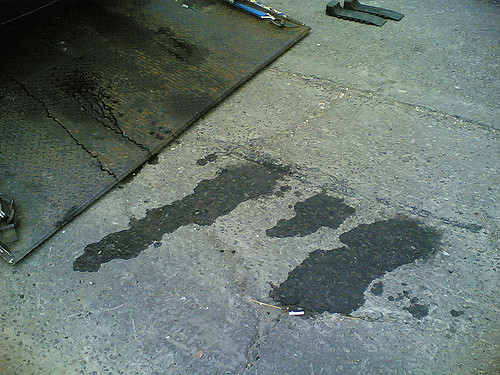 feeling. What could it be?
feeling. What could it be? A/C Problems Demystified
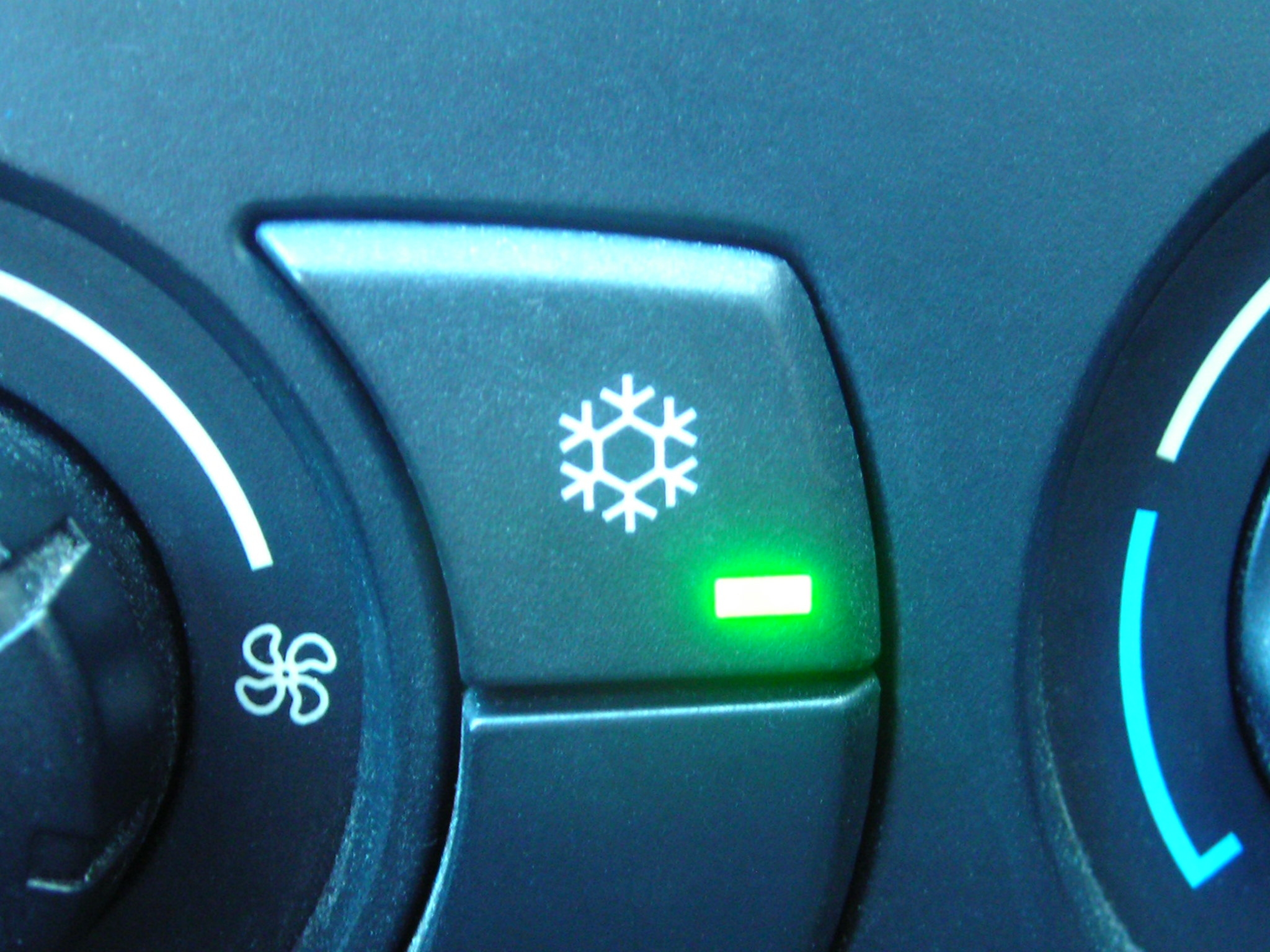
- Compressor
- Condenser
- Receiver/dryer
- Thermostatic expansion valve
- Evaporator
- Refrigerant
- Blower
Questions You Shouldn’t Be Afraid to Ask Your Auto Repair Tech
Often, drivers are mystified by how their cars actually work. It’s to be expected. Even an older car is a complex machine with many sub-assemblies that all work together to move it down the road.
As a result, drivers tend to be a little intimidated by auto repair and often tend to not inform themselves by asking the necessary questions of a tech or a garage. Too often, that ends up being a big mistake. Here are some examples of the kinds of things you really should know before any auto repair work starts:
- Does your shop work on any kind of vehicle? Of course, most shops can service a product from GM, Ford, Chrysler, Nissan, Toyota and the other leading makes. Some makes, however, require a lot more training and experience, o ...[more]
Differential Service: Too Often Neglected by Drivers
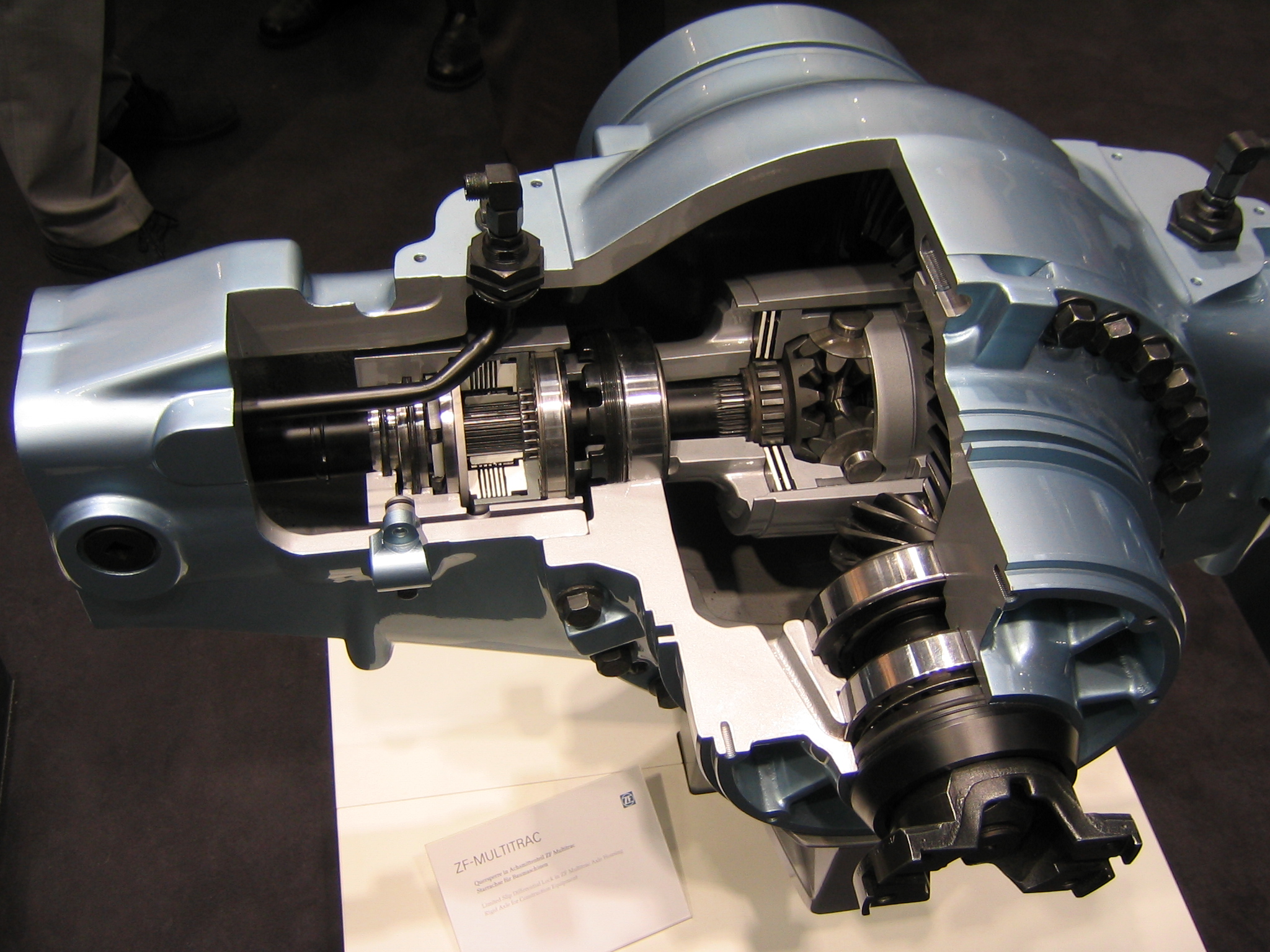
Winter Safety Tips – Don’t End Up In the Ditch!

How To Update Your Auto Repair Routine
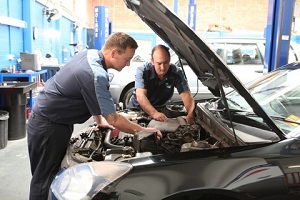
Mark Auto Repair off Your Back-To-School To-Do List

Six Hot Tips on Cool Air Conditioning
.jpg) Summer is here, and it’s time to start thinking about your car’s AC system! Nobody likes driving around in a hot, stuffy car, and a car with an AC system which only works marginally is somehow almost even worse than one which doesn’t work at all. Let’s go through a few tips which can help you keep your ride a little more comfortable this summer…
Summer is here, and it’s time to start thinking about your car’s AC system! Nobody likes driving around in a hot, stuffy car, and a car with an AC system which only works marginally is somehow almost even worse than one which doesn’t work at all. Let’s go through a few tips which can help you keep your ride a little more comfortable this summer…
Remember a cars AC system is really a heat exchanger which moves hot air out of your vehicle, then replaces it with cold air. One thing you can do to help improve its efficiency is to leave your windows down an inch or two (if possible) when you park the car, helping to prevent excess heat buildup. When you start the car and begin to drive off, lower all the windows for the first minute or two to help move hot air out of the car more quickly, giving the AC system a chanc ...[more]
4 Budget Friendly Ways to Improve Mom’s Ride
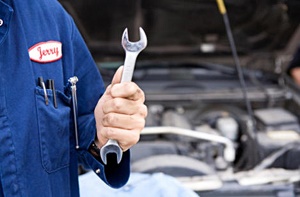
| << Previous | 12345 | Next >> |



